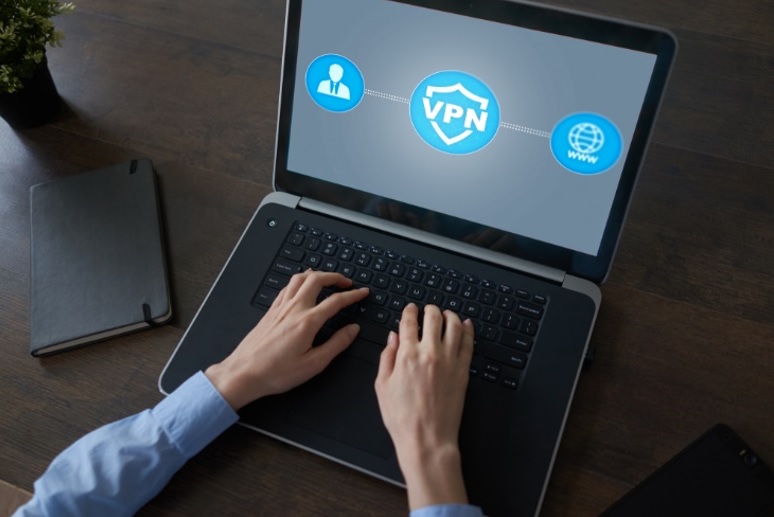
The coronavirus pandemic has altered the world in so many ways. It has even changed the way that Google performs searches. But one of the biggest ways that the virus has changed our lives has been the dramatic increase in the number of people working remotely from home.
Unfortunately, when people work from home, they usually do not have access to the same level of IT security that they had at work. So, it is important to use a virtual private network (VPN), as it can protect you and your company from a myriad of online threats and provide you with a slew of critical security features.
Yet, not all VPNs are created equal, here are the 5 most important features to look for in a VPN when using it while working from home:
1. Multiple Server Locations in Your Region
When selecting a VPN, you should find out how many servers they have in operation within your geographical area. This is important because servers closer to you tend to perform faster than those a greater distance away. Having more than one server in your area is also important, because if there is only a single server and it becomes overworked, this can significantly slow you down and prevent you from getting your work done.
It is further important to have the ability to manually select your server instead of having the software select it for you automatically, as this way you will know that the server you are using is close by.
2. Multidevice Support
In the past, most employees used a single computer. But those days are long gone. According to research from Forrester, the average employee uses 2.3 devices. What’s more, 74% of employees use two or more devices and 52% use three or more.
So, it is important to make sure that the VPN you choose not only supports all the devices you use but that it supports them well. Do not just take the vendor’s word for it, check reviews of the VPN for all the devices that you use.
3. Support for Routers
Many VPNs support installation not just on individual devices but also on routers. The benefit of this is directly related to multidevice support. If you are using many devices, it can be painstaking to install the VPN software on each one. This is especially true because you will likely also have to update this software at some point on all your devices as well as troubleshoot them.
But once you install the VPN on your router, it will support all devices that subsequently connect to it.
4. Support for OpenVPN
Not all VPNs use the same protocol for securing your valuable data. There are many protocols available, such as:
- OpenVPN
- SSTP
- IKEv2
- L2TP/IPSec
- PPTP
While each of these protocols has its benefits, you want to make certain that the VPN you select supports OpenVPN at a minimum. What makes this protocol so good is that it uses 256-bit encryption keys and high-quality ciphers when protecting your privacy. The protocol further supports perfect forward secrecy, and this protects you against hackers who may try to decode your data.
Other important benefits of OpenVPN are that it works on just about any device and that it costs nothing.
5. Support for Split Tunneling
One of the more interesting VPN features that relate to working from home is split tunneling. This allows you to use the VPN for transmitting important data while bypassing it for less important data, and it can help speed things up and help you get your work done faster.
When looking at VPNs that support this feature, make sure that it supports it at a granular level. For example, you should have the option for setting this both for your web browser and specific websites that you visit within the browser.
Summary
Using a VPN for working remotely from home is not the same as using it for your own private activities. When using it in this regard, you should make certain that it can properly meet your needs.






Leave a Reply